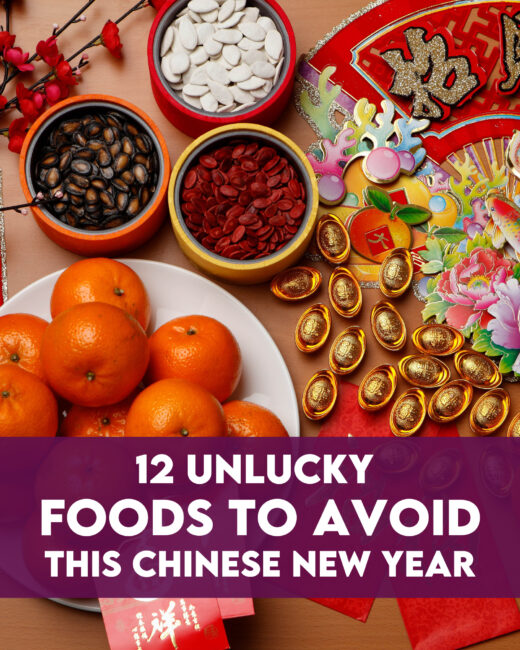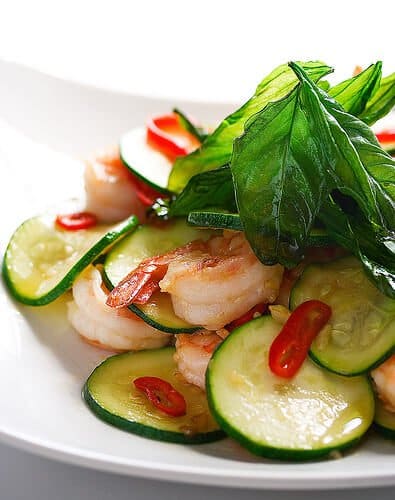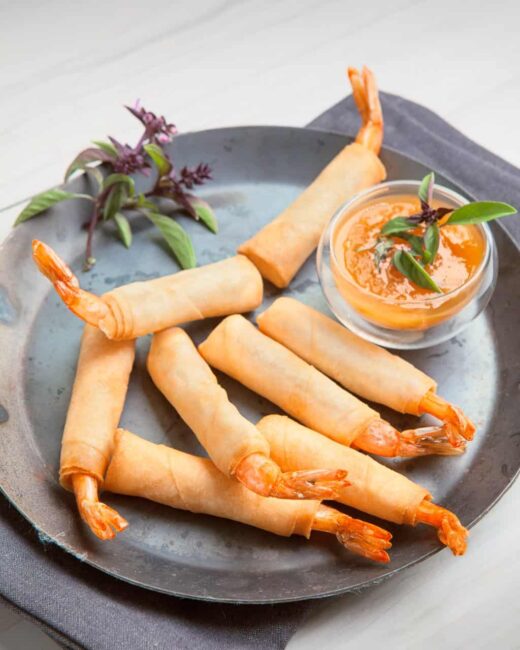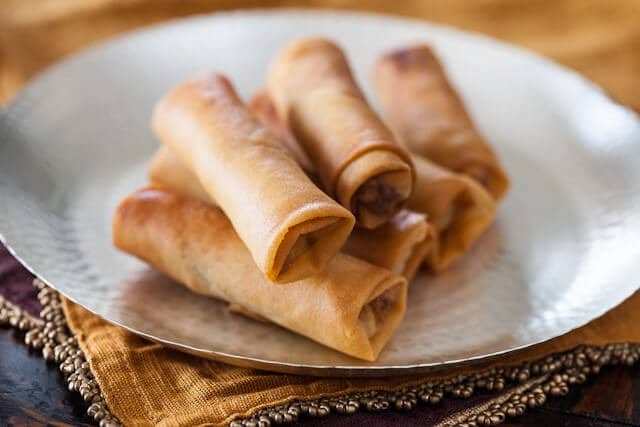While Chinese New Year is often represented to the western world with images of red envelopes and Spring Festival dragon dances, these only scratch the surface of the many traditions, customs and quirks that accompany this vibrant holiday.
Celebrations that began in China have since overflowed ten-fold into Chinese communities worldwide, and even into other Asian countries, like South Korea, Malaysia and the Philippines, which have each created their own unique adaptations of the holiday.
But, unless you’re part of Chinese culture (and even for many who are), you might not know some of these surprising facts about Lunar New Year.
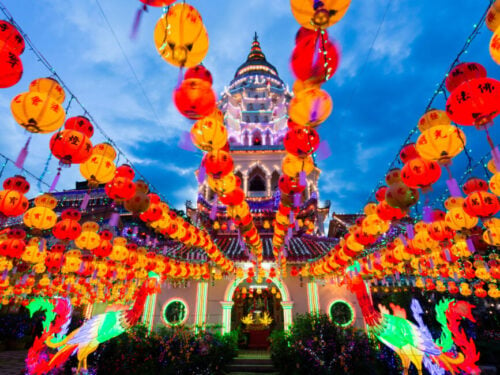
Today, we’re diving into fascinating traditions, customs, taboos, and practices surrounding the Chinese New Year. Let’s see which ones you already know.
1. Round & Golden for Wealth
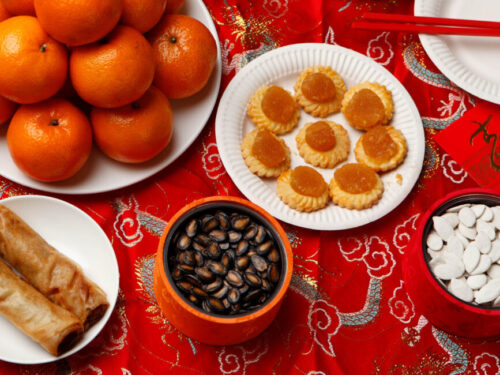
Symbolism plays a huge role in Chinese New Year. This is why foods that are round and golden are especially favored, as they symbolize wealth and prosperity. This includes traditional dumplings, which are eaten throughout the 16 day celebration, because they resemble ancient Chinese silver ingots.
2. Oranges and Tangerines
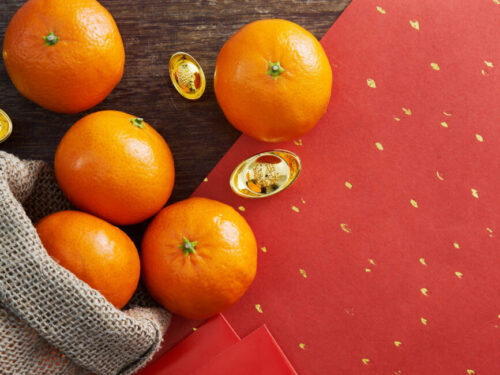
Displaying and exchanging oranges and tangerines during this time of year is common because they also symbolize abundant happiness and prosperity. These citrus fruits are exchanged among loved ones as a way to reinforce bonds and say, “I wish great things for you in the new year.”
3. The Reunion Dinner
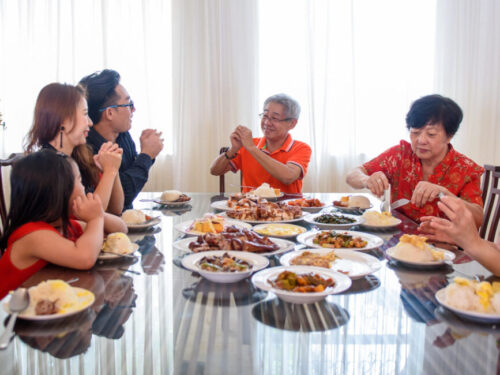
With the purpose of strengthening family bonds and honoring ancestors, the Reunion Dinner on Chinese New Year’s Eve is perhaps the most significant meal of the year. This is especially poignant for families who are spread across different parts of Asia and beyond.
4. Largest Human Migration
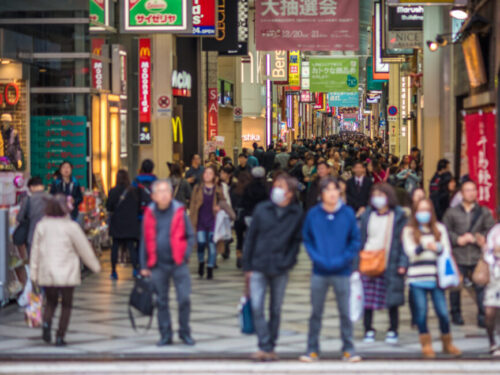
Speaking of “coming home for the holiday”, this time of year triggers the largest annual human migration in the world, known as Chunyun, or Spring Migration. (Bonus Fact: In 2016, it was predicted that 2.9 billion people would be traveling during that year’s Chunyun season.)
5. Forbidden Words

Language carries a lot of weight during the Lunar New Year. Words related to death, sickness, and poverty are considered very taboo and are believed to bring about bad luck. In fact, the first words you speak on New Year’s Day are believed to set the tone of your whole year, so choose wisely!
6. The Kitchen God
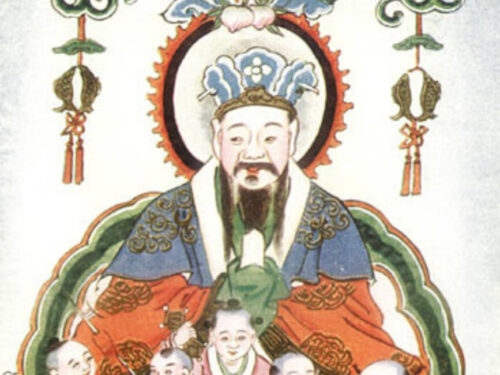
In Chinese tradition, the Kitchen God (or Stove God), known as Zao Jun or Zao Shen, is a big deal. The Kitchen God oversees every kitchen and protects the family in a variety of ways. In many Chinese households, a paper image of the Kitchen God is hung near the back of the stove, and about a week before New Year celebrations, this image is taken down and burned to release him to the heavens, where he will report to the Jade Emperor about the family’s conduct for the past year. Before his departure, families offer sweet foods like sticky rice to this deity. The goal is to both to “sweeten up” what he has to say about the family, and humorously, to keep his mouth stuck shut, ensuring only good news about the family reaches the heavens.
7. The Tray of Togetherness
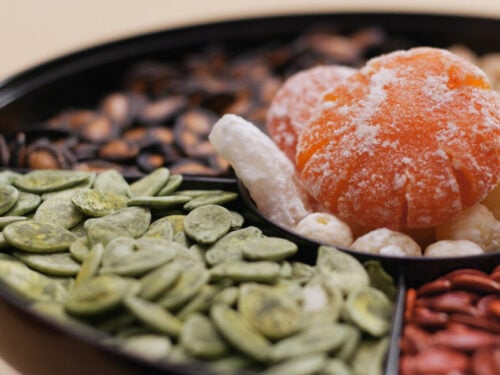
This special tray, filled with 6 to 8 varieties of treats (6 symbolizing luck, and 8 symbolizing fortune), is more than just a snack platter. Each item in the “Tray of Togetherness” holds significance and represents different forms of good fortune and health. It’s also a great way for hosts to welcome guests, sharing not just snacks but also good wishes and hopes for the New Year.
8. Whole Fish
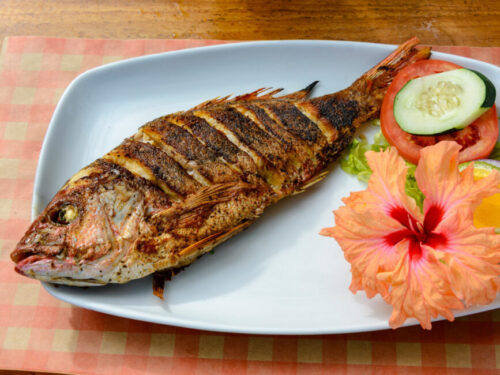
Fish is a must-have dish for the New Year, but here’s the catch (of the day?): It should be served whole and never completely finished. The remaining fish is stored overnight because it represents the overflow of prosperity into the new year. It’s like saying, “We’ve got so much good fortune, we can’t even finish it!” It also doesn’t hurt that the Mandarin word for fish sounds similar to the word for “having extra.”
9. Paying Off Debts
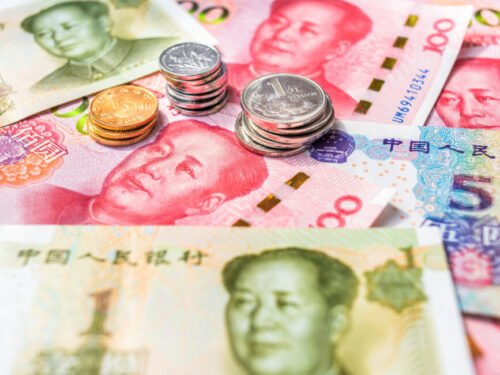
Settling debts before the New Year is a practice taken seriously in Chinese culture. It’s believed that starting the year debt-free helps avoid bad luck and ensures a clean slate. This financial “spring cleaning” communicates responsibility to the universe and new beginnings for the year ahead.
10. Guo Nian
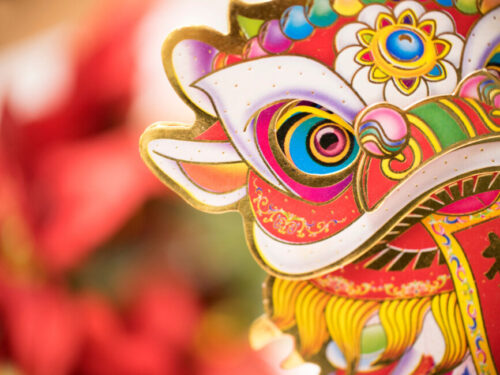
The phrase “Guo Nian” is one of the phrases used to communicate “Happy New Year!”, but it literally translates to “surviving the Nian”, and is rooted in ancient lore. The Nian, a mythical monster, was said to prey on villagers. Loud noises and red decorations were used to scare it away. These tactics evolved into the firecrackers and red lanterns synonymous with Chinese New Year celebrations.
11. Chinese New Year Desserts
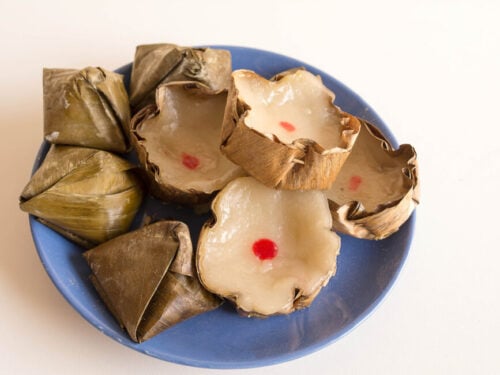
Desserts served during Chinese New Year aren’t just sweet treats—they’re loaded with symbolism. Take for example Nian Gao, a sticky rice cake that signifies growth and progress. Check out our full list of symbolic Chinese New Year desserts (and how to make them) here!
12. Your Zodiac Year is Bad Luck
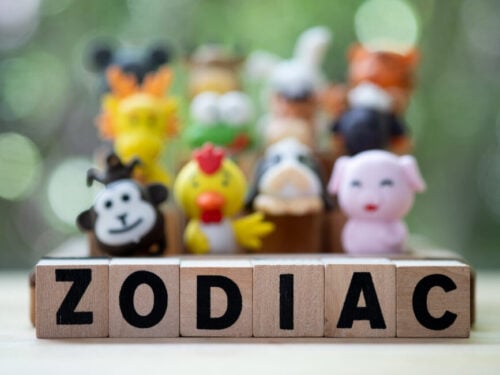
You might assume that your zodiac year may hold some luck for you, but it’s actually quite the opposite. The year of your Chinese zodiac sign, your Benming Year, is considered unlucky. To counter this, wearing red to symbolize good luck and happiness is recommended. Some people go as far as to furtively wear a piece of red clothing (insoles, socks, even underwear!) throughout their zodiac year to protect them.
13. New Clothes and Haircuts
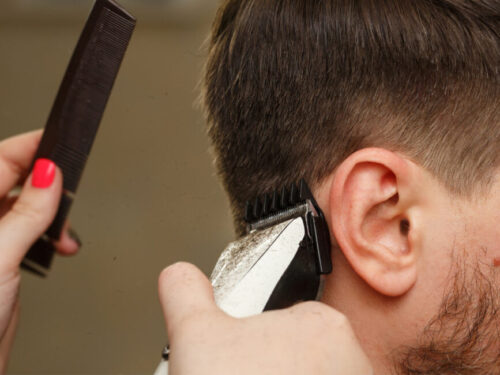
Getting new clothes and haircuts before New Year’s Day symbolizes shedding the old and welcoming the new. However, cutting your hair on Chinese New Year’s Day is a huge no-no, as it’s believed to bring bad luck and potentially cutting away good fortune.
14. The Birthday of All Dogs

Dogs are seen as loyal and honest creatures in many Asian cultures, and get their own day of celebration on the second day of the New Year, which is believed to be the birthday of all dogs. People show extra care and affection to their furry companions during this time to acknowledge all the joy and good fortune they bring into our lives.
15. Avoiding Accidents
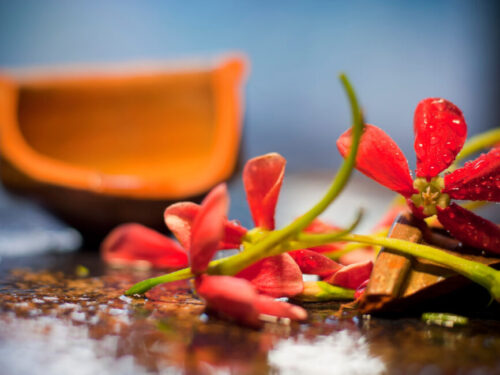
During the New Year celebrations, extra caution is taken to avoid accidents or breaking things, as to not invite bad luck to the rest of the year. In fact, things like scissors, knives, and sewing needles are completely avoided to minimize the risk entirely.
16. Honoring Ancestors
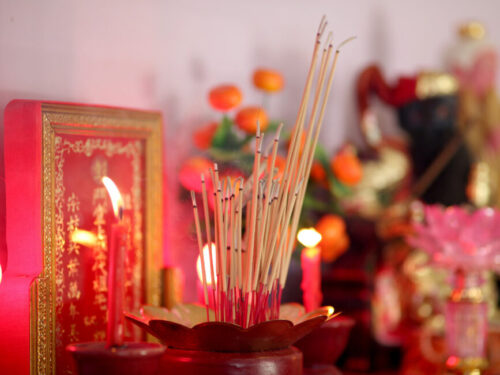
Paying respects to ancestors is a huge part of the Lunar New Year. Setting up an altar with offerings, burning incense, and lighting candles are just some of the ways families honor the memory of their ancestors. It’s a long-rooted tradition and an acknowledgement of the rich heritage of Chinese communities, past and present.
17. Welcoming the New Year with Open Doors

At midnight on Chinese New Year, it’s customary to open every door and window in the house. This is done to usher out the old year and welcome in the new, while making a clear passage for good luck and prosperity to flow into the home.
18. Hiring Fake Partners

In recent years, single people in China have begun hiring “fake” girlfriends or boyfriends to take home during the New Year, due to the overwhelming pressure of marriage they receive from their parents. On the other side, many singles rent themselves out when they don’t have family to visit (or don’t want to visit the family they have) during the holiday.
19. The Yule Log
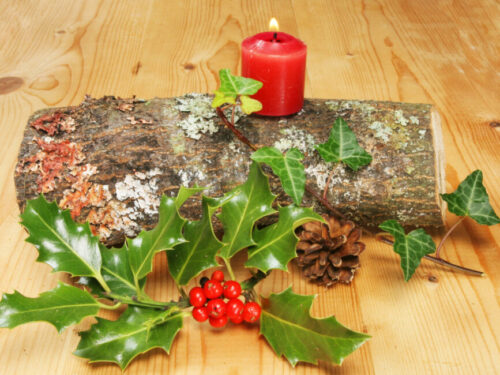
The Yule Log is something commonly associated with Christmas in Western cultures, but it also holds significance in Chinese New Year celebrations. Decorated with red ribbons and glitter, it’s traditionally burned to symbolize the 12 months of the Chinese year. This practice is believed to bring light and warmth into the home, and banish any darkness from the prior year.
20. Lantern Festival Riddles
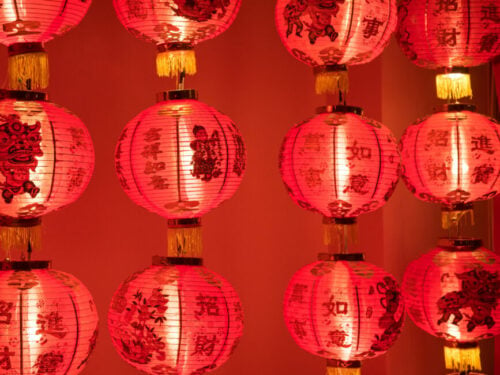
The Lantern Festival marks the end of Chinese New Year celebrations, and features intricate red lantern displays with riddle-solving competitions. These riddles, often written on the lanterns themselves, are not just a fun craft but also a means of fostering intellectual engagement among the community, while sparking some friendly rivalry.
Were You Surprised?
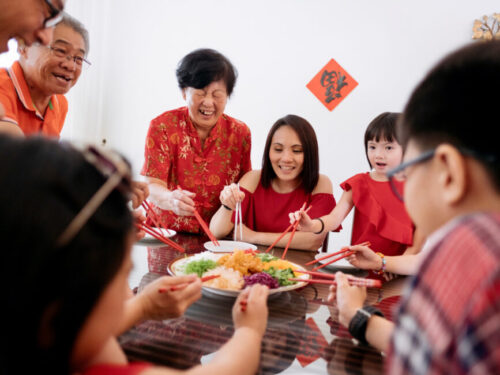
What did you think about these surprising facts? How many did you already know?
Whether you celebrate the holiday yourself or just learning about its traditions, I hope this info has brought you a better understanding of Chinese New Year. Here’s to a year filled with happiness and good fortune! Happy New Year, everyone – may it be your best one yet. 🌟🧧✨
Check Out More Chinese New Year Info Here:
- Chinese New Year Recipes + Superstitions
-
Chinese New Year Recipes: What to eat if you want more money!
- 12 Unlucky Foods to Avoid this Chinese New Year


